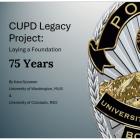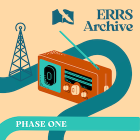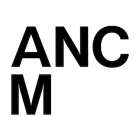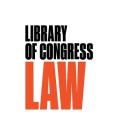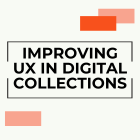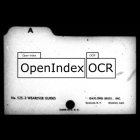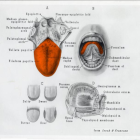
Clarice Francone Digital Archive
This Capstone Project focuses on an archive on medical illustrator Clarice Francone. Though this collection has been unavailable to search and view online and required extensive reprocessing. Over the course of this year, I was able to rehouse and rearrange the archive, incorporate new accessions and create a digitized, searchable repository of Francone’s works available for public online viewing. With the completion of this project, a vast collection of historical, scientific and artistic merit is now significantly more accessible.

